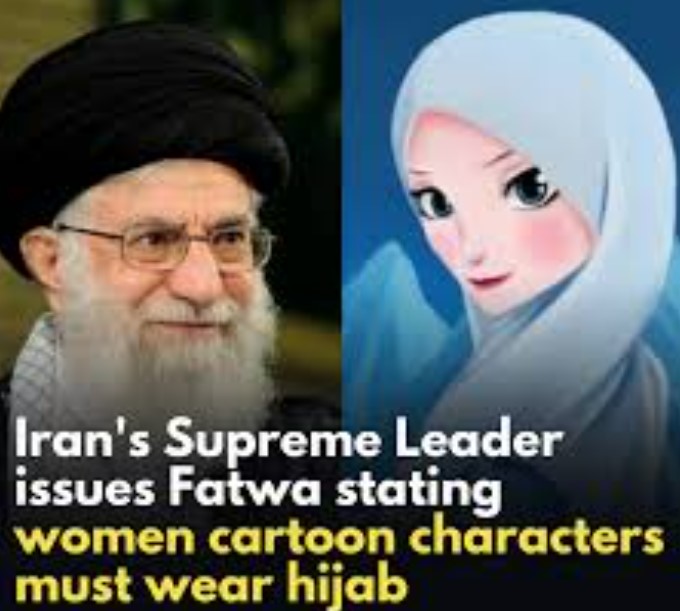
Iran: Police kill 75 in 10 days, as anti-Hijab women denounce Ayatollahs as dictators
Virendra Pandit
New Delhi: In 1979, when Ayatollah Ruhollah Khomeini ended his exile in France and landed in Tehran, they hailed him as a messiah and liberator. The Iranians later regretted this emotional welcome as he converted an ancient civilization into an illiberal and ultraconservative society, enforced strict sharia law, and threw women behind veils.
Forty-three years on, Iranian men and women are protesting against these Islamic restrictions across the country and denouncing the clergy as dictators.
According to the media reports quoting NGOs, at least 75 people have been killed by police firing over the last 10 days as security forces tried to crush the widely popular resistance sparked by the death of a 22-year-old woman, Mahsa Amini, in police custody. Their most popular slogan is: “Death to the Dictators.”
Over the last week, anti-hijab protests intensified across Iran as angry crowds called for the end of the over three-decade rule of supreme leader Ayatollah Ali Khamenei. Many women cut their hair in public and burnt their veils.
Protests over Amini’s death spread across at least 46 Iranian cities, towns, and villages. Iran’s state-controlled media reported at least 41 protesters and police officers killed since the protests began on September 17. Over 1,200 people have been arrested.
The cleric-controlled Iranian government dismissed the latest protests as a “foreign plot”, rather than an expression of public outrage over the death of a woman detained only because her mandatory headscarf, or hijab, was not to the morality police’s liking. The government also restricted the use of social media as the latest curbs to control the riots.
Officials also organized pro-government marches in Tehran and other cities echoing the official line, with some marchers chanting “American mercenaries are fighting the religion,” the reports said.
Security forces attacked several peaceful demonstrators as motorcycle-riding Islamist volunteers accompanied Iran’s paramilitary Revolutionary Guard. In some places, demonstrators set on fire police cars and fought back against riot police.
Officially, Iran is the only Shia-majority country but no other Islamic country, most of whom are Sunnis, has condemned Tehran.
Iran’s last monarch, Shah Mohammad Reza Pahlavi, was a liberal, modernist, but dictatorial king who ruled the country from 1941 until overthrown in the Ayatollah-led Islamic Revolution in 1979. He encouraged women against wearing the hijab. But the Islamic revolution did away with any notion of freedom of dress for Iranian women. It demanded all women in Iran, including foreigners, must dress in keeping with Islamic practices.
Iran’s “morality police” enforced these rules for Iranian and foreign women visiting the country alike.
Mahsa Amini, who belonged to the Kurdistan region, visited Tehran when she was picked up on September 13 for allegedly not wearing the hijab properly because her hair was partially exposed. Three days later, she died in police custody because of the so-called sudden health while she and others were receiving ‘guidance’.
Her family and others refused to believe the police version. This triggered violent demonstrations across many cities.
Iranian president Ebrahim Raisi, who was in New York on September 20 to address the United Nations General Assembly, assured to investigate the incident. But Supreme Leader Ayatollah Khamenei said nothing. The Revolutionary Guards, the traditional guardians of the Islamic Revolution, however, warned the protestors of stern action.
Interestingly, Iranian leaders want to impose Iranian dress and behavior codes on women even when they are outside Iran. That was why President Raisi refused to be interviewed last week by a woman CNN journalist, Christiane Amanpour because she refused to cover her hair and dress ‘appropriately.’














